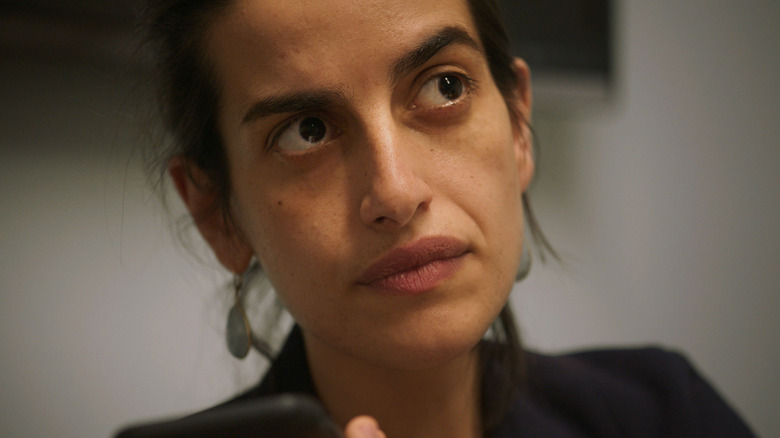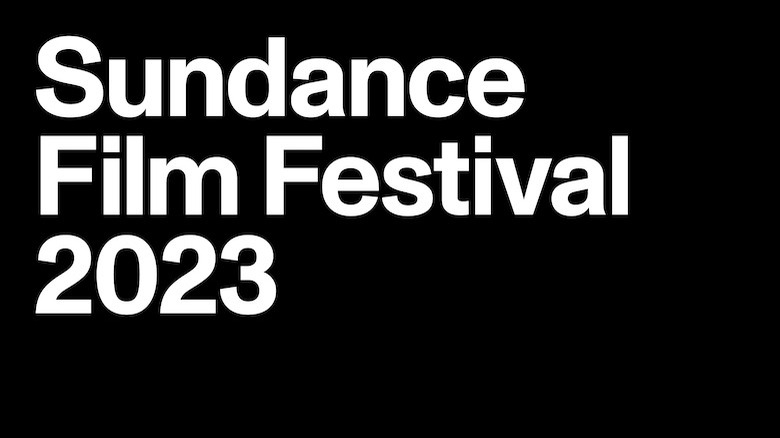A Still Small Voice Review: Contemplative Documentary Captures The Covid Experience [Sundance]
Documentarian Luke Lorentzen returns to the Sundance Film Festival with "A Still Small Voice," an intimate and earnest look at the spiritual care department at the Mount Sinai Hospital in New York City. The film follows Mati, who is completing her chaplain residence in 2020 to 2021 — right when America is grappling with its deadliest disease in generations. This woman is remarkable: at the beginning of the documentary, she displays a seemingly endless capacity for kindness and comfort, despite her being relatively new to the position. Yet, as the film continues, Lorentzen peels back the layers and shows the raw, painful underside of doing this work. Like the coronavirus itself, anguish is infectious, silently ravaging all those touched by grief.
"A Still Small Voice" is quiet, almost passive in its engagement: audiences are welcome to view these very personal, very fraught interactions from inside the conversation. The cinematography is beautifully balanced between long, contemplative shots of environments and faces, and discreet shots that are removed enough to not feel invasive or exploitative. Lorentzen has an instinct for where best to put the camera. We get snippets and glimpses of what life is like for those who are sick and grieving, as well as the exhausted individuals whose primary labor is empathy. These are all very personal spaces: small offices, hospital rooms, and even bedrooms. Lorentzen juxtaposes Mati attempting to comfort someone near the end of life with what is essentially a group therapy session for the spiritual care department to share their burdens. For chaplains like Mati and her supervisor Rev. David, the battle with Covid is one of emotional attrition.
'Be there'
There's an almost surreal quality to the emotional introspection and frank vulnerability in "A Still Small Voice." This is especially true in how the chaplains speak to each other; there's a unique pattern of speech and lexicon that is unrecognizable from how these conversations are depicted in (fictional) media. It reminded me of my days in academia, but elevated to the utmost level of expertise. A concept that comes up repeatedly is that the chaplains need to "be there" — whether that means physically being with someone in their time of need, or just "being" in a moment. It comes down to resisting the urge to disassociate or withdraw, even when faced with something very painful — but there needs to be limits and healthy boundaries, and that's where the people performing this emotional labor really struggle.
Rev. David is especially compelling to watch as he grapples with his own feelings with his personal supervisor. He admits bluntly to feeling "hurt" and wanting to withdraw from or avoid his responsibilities supervising Chaplain-in-residency Mati. It's exactly the sort of admission that someone like Tucker Carlson would act repulsed by, bemoaning the "beta cuck" behavior of an "effeminized male" — but Lorentzen presents the exchange in an empowered framing, pointing to the inner strength and fortitude required to be so honest and open. Rev. David, Mati, and the rest of the chaplains may be suffering from burnout and over-extending themselves, but they are far from weak.
Lorentzen beautifully weaves together empathy and spirituality. Part-way through "A Still Small Voice," Mati comforts an elderly patient with lung cancer. They discuss the feelings associated with such a diagnosis: shame and guilt because the woman was previously a smoker, frustration because she had quit for thirty years, and the natural anger that she — despite having quit — is the one to get sick. These all simmer under the surface, and by talking about them, the patient is partially relieved of the complicated, emotional baggage. So where does she go from here? The woman is steadfast that she'll listen to her body, and that will guide her on her decision-making going forward: she references the "still, small voice" inside that has guided her in the past. Is it intuition? Wisdom? God? Perhaps all of the above.
/Film rating: 7.5 out of 10

